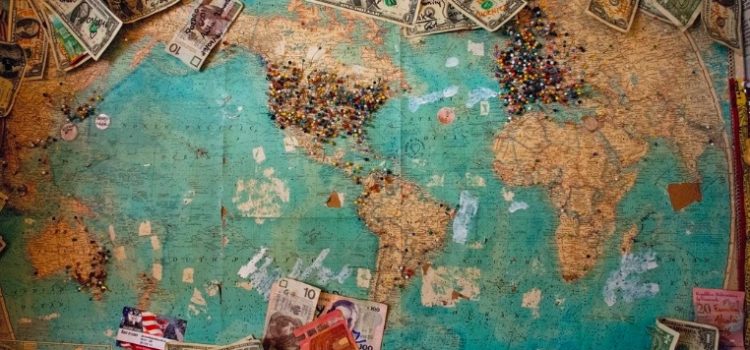What were the legacies of British rule in India? How did the British Raj irrevocably change the nation? We’ll cover the British legacy in India and how empires, though often oppressive and unjust, bring benefits as well. See how the British rule in India has impacted the country today.
British Rule in India: Can You Erase Imperial Legacies?










